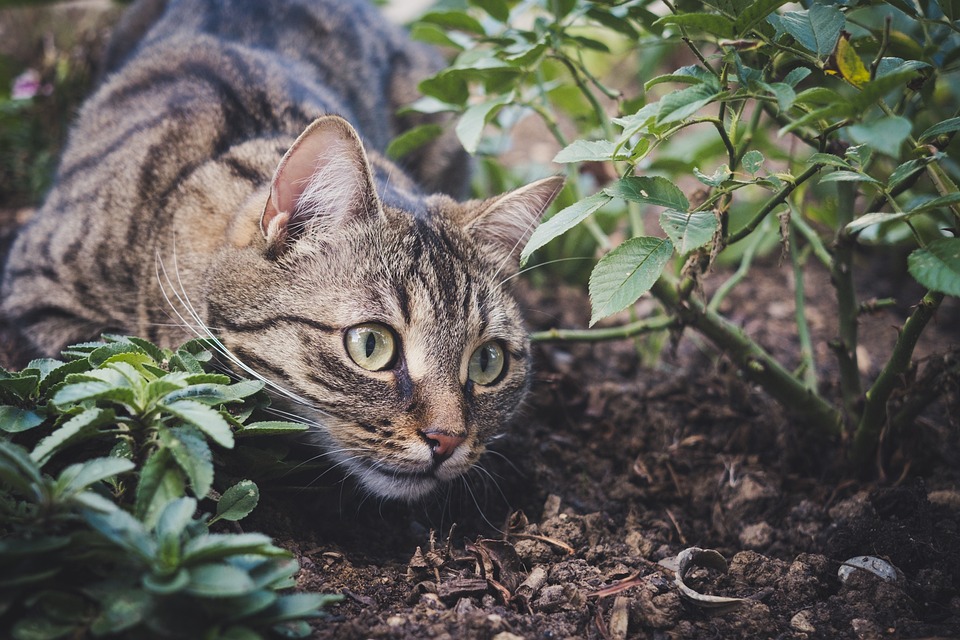Cats may seem like independent creatures that can take care of themselves, but they still require proper dental care to maintain their overall health and well-being. Dental disease is a common problem among cats, affecting their teeth and gums. As a responsible cat owner, it is crucial to be aware of the signs of dental disease in cats and take necessary steps to prevent and treat it. In this article, we will discuss the various signs of dental disease in cats and provide insights on how to identify them.
One of the most noticeable signs of dental disease in cats is bad breath, also known as halitosis. While it’s normal for cats to have a slightly unpleasant smell in their mouth, excessively foul breath can indicate a dental problem. The odor is often caused by the buildup of bacteria in the mouth and can be an early warning sign of dental disease.
If your cat is experiencing dental disease, you may notice changes in their eating habits. Cats with dental issues might struggle to chew their food properly, resulting in a decreased appetite or refusal to eat altogether. They may show signs of discomfort, such as pawing at their mouth or dropping food from their mouth while eating.
Cats in pain often resort to pawing at their mouth as a way to alleviate the discomfort. If you notice your cat pawing at their mouth persistently, it could indicate dental disease. Pay attention to any signs of swelling or redness on their gums or around their mouth.
While some cats naturally drool, excessive drooling can be a sign of dental disease. If you notice your cat drooling more than usual, it might be due to pain or discomfort caused by dental issues. Excessive drooling can be accompanied by wet fur around the mouth or chin area.
Dental disease can significantly impact a cat’s behavior. Cats with dental problems may become irritable, aggressive, or withdrawn. They may avoid being touched around their mouth or exhibit signs of pain when their face is touched. If you observe any notable changes in your cat’s behavior, it’s worth considering dental disease as a possible cause.
To prevent dental disease in cats, regular dental care is crucial. Brush your cat’s teeth regularly using a cat-specific toothbrush and toothpaste. Providing dental treats or feeding a dental diet can also help reduce plaque and tartar buildup.
If you notice any signs of dental disease, it’s essential to consult your veterinarian. They can perform a thorough dental examination and recommend appropriate treatment. Regular dental check-ups are recommended to catch and address dental issues early on.
Dental disease in cats can have various health implications. It can lead to gum infections, tooth loss, and even affect internal organs if bacteria enter the bloodstream. Proper dental care is crucial to maintain your cat’s overall health.
While home remedies might provide temporary relief, it’s important to consult a veterinarian for proper diagnosis and treatment. Home remedies cannot replace professional dental care, which may involve dental cleanings, extractions, or other necessary procedures.
Taking care of your cat’s dental health is vital for their well-being. By being vigilant about the signs of dental disease and seeking appropriate veterinary care, you can ensure that your feline companion enjoys a healthy and pain-free mouth. Remember, prevention is key, so don’t overlook the importance of regular dental care for your cat.








